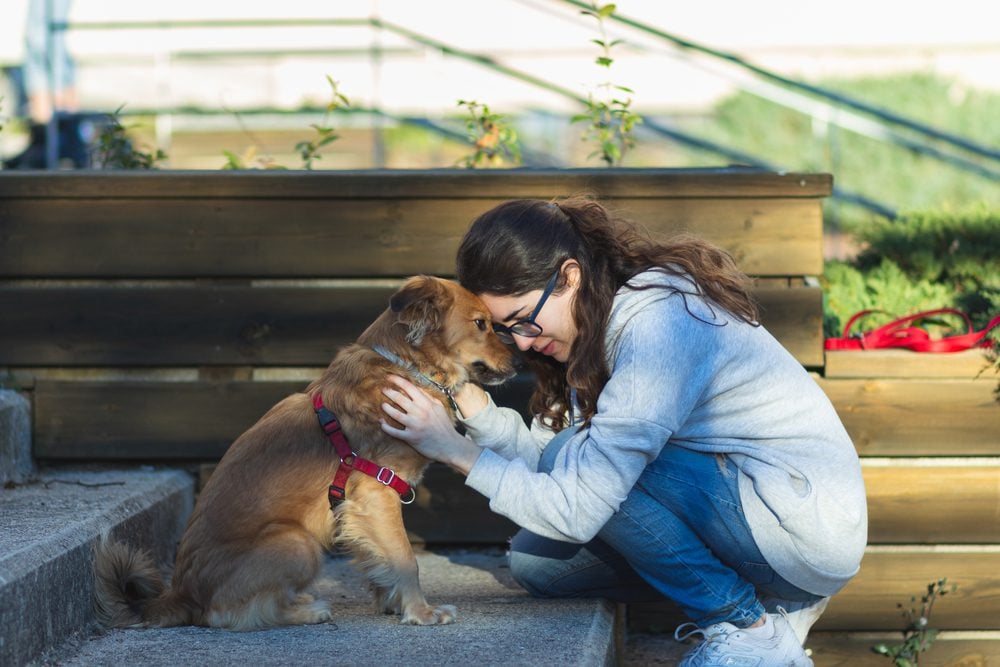
Understanding Dog Aggression Towards Leash Issues Today
Share
As health-conscious pet owners, our dogs' physical and mental well-being is of paramount importance. However, achieving this harmony can be challenging when met with behavioral issues like dog aggression towards leash. Understanding and addressing this issue is crucial, not only for the safety of those involved but also for nurturing a positive relationship between the dog and its owner.

What Causes Dog Aggression Towards Leash?
Dog aggression towards leash can stem from several underlying issues. Here are some common causes:
Fear and Anxiety
Many dogs experience fear or anxiety when it comes to being leashed. For instance, they may associate the leash with negative experiences such as medical visits or previous traumatic incidents involving restraint. This anxiety can result in aggression as a defense mechanism.
Frustration-Induced Aggression
Dogs are inherently energetic creatures. Constraining them with a leash sometimes leads to frustration, which can quickly escalate into perceived aggression. They might feel restricted, unable to interact with their environment, leading to what experts call 'leash reactivity.'
Lack of Proper Training
Much like humans, dogs require guidance and training. Without understanding or being trained on appropriate leash behavior, dogs might resort to aggression as an instinctual response. Implementing effective dog training tips, such as those detailed in these expert guidelines, can be transformative.
Recognizing the Signs
Identifying aggression during walks is pivotal. Some signs might include:
- Excessive barking or lunging when leashed
- Visible signs of distress, like tail-tucking or backing away
- Sudden growling or snapping when approached with a leash
Recognizing these signs early can help in addressing the behavior before it becomes a more severe issue.
Addressing and Rectifying the Behavior
The journey to overcoming dog aggression towards leash is multifaceted, involving behavioral adjustments and techniques. Luckily, numerous strategies can assist in remedying this behavior:
Positive Reinforcement Techniques
Dog aggression rooted in fear typically responds well to positive reinforcement. Reinforcing calm and appropriate behavior while on the leash with treats or praise can help reshape your dog's attitude towards being leashed.
Gradual Exposure and Desensitization
Gradual exposure to the leash in a controlled environment can also work wonders. For a more comprehensive guide on this approach, see our detailed article on dog aggression towards strangers, which explores similar tactics.
Professional Training Assistance
If the aggression persists, seeking professional help from a canine behaviorist is recommended. Canine professionals can offer tailored programs that cater to specific behavioral needs, ensuring a safe and constructive result.
Additionally, you might find it beneficial to read about training concepts tailored towards specific triggers, as discussed in these training don'ts.
The Health Connection
A healthy dog is generally a happy dog. Ensuring your canine companion is receiving the right balance of physical activity, mental stimulation, and nutrition can significantly aid in regulating behavior. A balanced diet enriched with necessary nutrients plays a crucial role in mitigating aggression alongside regular training and exercise.
Building a Stronger Bond
Ultimately, addressing dog aggression towards leash requires patience, understanding, and consistency. By exploring various training techniques and understanding your dog's needs, a stronger, more positive bond can be developed, ensuring that the health and happiness of both dog and owner are at the forefront.
For further reading on tackling other forms of aggression in dogs, you might find this article on dog aggression towards toys insightful.

FAQs
How long does it take to resolve leash aggression?
The duration can vary based on the dog's history and the severity of the aggression. With consistent training and patience, improvements can often be seen in a few weeks to a few months.
Can leash aggression be completely eradicated?
While most dogs can significantly improve with proper guidance, some may retain mild reactions depending on individual temperament. Continuous training can manage and reduce these behaviors effectively.
Does my dog's diet influence his leash aggression?
Absolutely. A diet that is nutritionally adequate can reduce stress levels and influence overall behavior positively, making the dog more receptive to training practices.
This article contains affiliate links. We may earn a commission at no extra cost to you.
